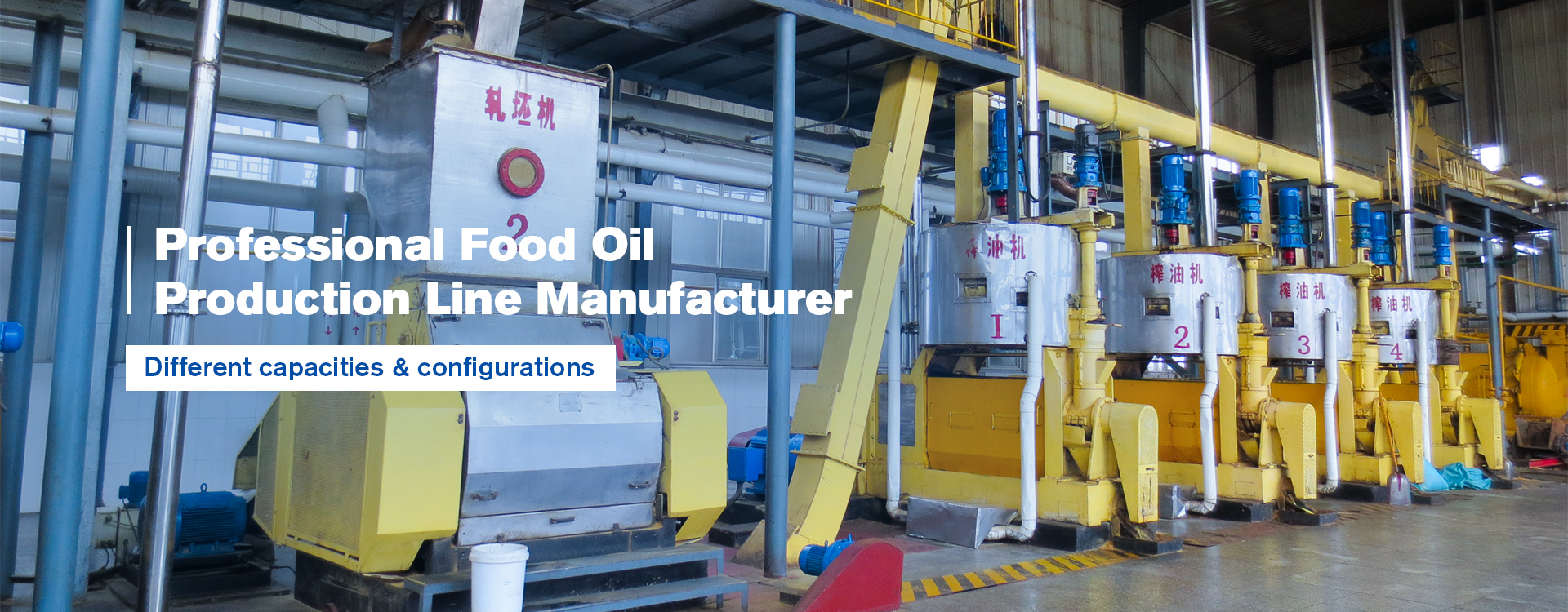12 月 . 14, 2024 05:12 Back to list
vegetable oil production line products
Vegetable Oil Production Line An Overview of Products and Processes
The global demand for vegetable oils continues to rise due to the increasing population, health awareness, and a growing trend towards plant-based diets. As a result, the vegetable oil production line has become a critical component in the food processing industry. This article provides an overview of the various products and processes involved in the vegetable oil production line.
Understanding Vegetable Oil
Vegetable oils are derived from various seeds, nuts, and fruits, with common sources including soybeans, sunflowers, canola, palm, and olive. The extraction of oil from these raw materials involves a series of mechanical and chemical processes designed to yield high-quality oil suitable for culinary, industrial, and cosmetic applications.
Key Products of Vegetable Oil Production
1. Refined Vegetable Oil This is the most common product obtained through the vegetable oil production line. Refined oils are extracted and processed to remove impurities, color, and odors, resulting in a neutral flavor and longer shelf life. Common refined oils include refined soybean oil, corn oil, and sunflower oil.
2. Cold-Pressed Oil In contrast to refined oils, cold-pressed oils are extracted at low temperatures to retain most of the nutrients, colors, and flavors of the original raw material. Examples include extra virgin olive oil and cold-pressed canola oil. These oils are preferred in gourmet cooking and for health-conscious consumers.
3. Pomace Oil This is a byproduct of the oil extraction process, especially from olives. After the oil has been extracted, the leftover pulp, known as pomace, can be further processed to extract residual oil. Although pomace oil is of lower quality compared to first-press oils, it is still used in cooking and frying industries.
4. Oil Cakes and Meals After oil extraction, the byproduct is often in the form of oil cakes or meals. These can be used as animal feed due to their high protein content. For example, soybean meal is a significant source of protein for livestock.
5. Biodiesel With the push for renewable energy sources, vegetable oils can be processed into biodiesel. This eco-friendly fuel reduces dependence on fossil fuels and minimizes greenhouse gas emissions, making it a popular choice for many countries striving for sustainability.
vegetable oil production line products

The Vegetable Oil Production Process
The vegetable oil production line encompasses several key stages
1. Seed Preparation The process begins with the careful selection and cleaning of seeds. Impurities are removed to ensure a high-quality product during extraction.
2. Oil Extraction There are two primary methods of oil extraction mechanical pressing and solvent extraction. Mechanical pressing involves physical force to extract oil, while solvent extraction utilizes chemical solvents, such as hexane, to dissolve the oil from seeds. The choice of method depends on factors such as cost, desired oil quality, and production scale.
3. Oil Refining Refined oils undergo several processes, including degumming, neutralization, bleaching, and deodorization. Each of these steps aims to improve the oil’s quality, remove unwanted flavors or colors, and enhance stability.
4. Filling and Packaging Once refined, the oil is filtered and packaged for distribution. Proper packaging is essential to prevent oxidation and maintain the oil's quality throughout its shelf life.
5. Quality Control Throughout the production line, quality control measures are essential. Testing for parameters such as acidity, peroxide value, and flavor ensures that the final product meets industry standards and consumer expectations.
Conclusion
The vegetable oil production line is a vital aspect of the agricultural and food processing industries, yielding various products that cater to the diverse needs of consumers. With the ongoing advancements in technology and sustainability practices, the production methods are continually evolving, making vegetable oils not only an essential food ingredient but also a pivotal renewable resource. As consumers become more aware of health and environmental considerations, the importance of vegetable oil production is expected to grow, driving innovations and efficiency in the industry.
-
Leading Food Oil Refined Unit Companies | Quality & Efficient Solutions
NewsAug.27,2025
-
Expert Food Oil Refined Unit Companies | Advanced & Efficient Refining
NewsAug.26,2025
-
Food Oil Refined Machine Companies: High-Efficiency Oil Refining
NewsAug.25,2025
-
Popular Commercial Oilseed Crushing Machinery | High-Yield Oil Expeller Press
NewsAug.24,2025
-
Food Oil Refined Unit Companies: Leading Manufacturers & Exporters
NewsAug.23,2025
-
Expert Oil Filter Machine Service & Solutions | Quality & Reliability
NewsAug.22,2025
